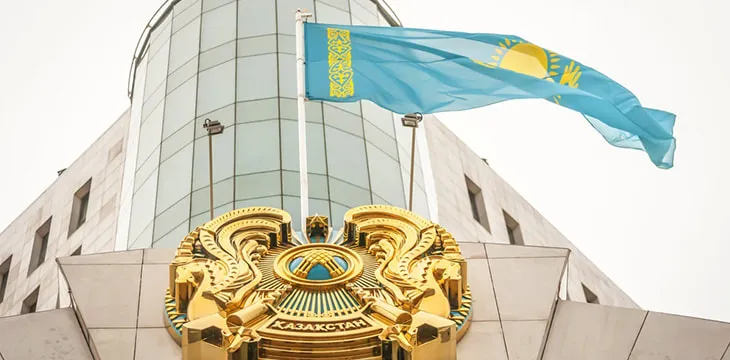|
Getting your Trinity Audio player ready...
|
The lower House of Kazakhstan’s bi-caramel legislature, the Majilis, has passed five bills designed to regulate digital assets in the country. Russian news agency TASS reported that the bills were given an accelerated hearing that underscored their importance for regulators in the country.
The proposed regulations were introduced to the house in September, and in less than one month, they sailed through the major hurdles and are set to be operational laws in the country. The new bills were passed under the directives from President Kassym-Jomart Tokayev, seeking to find a solution to the “disorderly” activities of digital asset operators.
Ekaterina Smyshlyaeva, a member of the Majilis’ Committee on Economic Reform and Regional Development, said the laws are tailored to address the challenges of issuing and circulating both “secured and unsecured digital assets.” The bill also shed light on the legality of virtual asset mining activities in the country, which has been a thorn in the side of electricity providers.
Following the ban on mining activities in mainland China, several miners fled to Kazakhstan to set up shop. These miners were drawn by the allure of cheap electricity prices and the absence of strict regulations and quickly called Kazakhstan their new home.
However, the honeymoon was not meant to last an eternity, as a few months down the line, energy shortages plagued the country. The government responded by cracking down on the activities of illegal miners and went all the way to cut off the energy supply to all miners in January to meet up demands of homes in the face of a chilling winter.
A new regime for miners
The provisions of the bills make it imperative for all miners to be registered with the Ministry of Digital Development, Innovation, and Aerospace Industry. Smyshlyaeva noted that the purpose is to encourage uniformity and increase the government’s earnings from taxation.
“Kazakhstan was used as a raw material appendage of the blockchain industry,” said Smyshlyaeva. “By bills, we oblige miners to be licensed in Kazakhstan, that is to create legal entities and become full-fledged subjects of taxation.”
Aside from the imposition of regular taxes, the government plans to charge corporate income tax on miners and a specific levy on the income from mining pools. Digital asset operators in the country will also be ordered to pay new fees, which Smyshlyaeva says will be used to fund the country’s budget.
Over one million Kazakhs are involved in digital asset trading or investing, but many of them use “black exchangers” that operate off the grid. The government plans to make transactions transparent with further ambitions to introduce a mining registry.
Watch: The BSV Global Blockchain Convention panel, Blockchain mining & energy innovation

 07-05-2025
07-05-2025 





